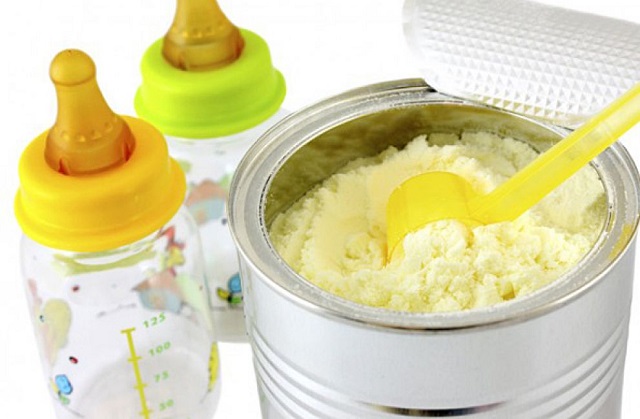
Kampala, Uganda | THE INDEPENDENT | The Ministry of Health has drafted amendments to the regulations on the marketing and sale of infants and child foods. Currently, the country uses the 1997 regulations on the marketing of infants and young child foods adopted from the 1981 International Code of Marketing of Breast Milk Substitutes policy of the World Health Organization.
The regulations advocate and promote breastfeeding as a way to improve the health and nutrition of infants. While Uganda’s regulations have been around for the last 23 years, nutritionists say the policies have never been fully implemented.
Now, Health Ministry officials want to revise the regulations to address the prevailing situation in the country. The proposed revisions are aimed at creating enforcement committees and introduce stricter penalties for offenders.
The regulations will address marketing practices and distribution of the products. They also advocate for the establishment of infant and young child nutrition committees. They also seek to provide for the duties of manufacturers and distributors.
Samalie Namukose, the Assistant Commissioner for Nutrition in the Health Ministry says that the available regulations are weak and obsolete. She says that with the influx of breast milk substitutes, there is need for a tougher law to dissuade manufacturers and distributors from dumping their products on the Ugandan market.
The 1997 regulations advocate for breast milk as the best food for infants between zero to one year of age. The regulations call for mothers to breastfeed their children exclusively for the first six months before introducing other supplements.
As per the 1997 regulations, persons who contravene it are liable to a monetary fine not exceeding 3,000 Shillings or two months imprisonment or both. In the proposed amendments, persons who do not follow the regulations might face longer imprisonment periods or even have their merchandise confiscated.
A 2018 and 2020 report published by the Ugandan office of the International Baby Food Action Network shows that due to weak laws, many local and international manufacturers do not adhere to the regulations.
For instance, the 2020 status report released on Wednesday last week by the organization showed that only 6 percent of all milk substitutes sold on the market follow the labelling guidelines.
The report shows that contrary to the regulations, 50 percent of the labels on infant formula and specialized milk suggest the use of a feeding bottle or cup with spout while 31 percent did not include the age for which the product was targeting.
In addition to this, 42 percent of the labels had a picture drawing or a cartoon of a baby, an infant, young child or a young animal or teddy bear. The report also showed that some companies still directly sell products to customers at reduced prices as a way of convincing them to use their products as a substitute for breast milk contrary to the regulations that forbid this.
Dr Joseph Okware, the Director of Health Services in the Ministry of Health says the proposed revision will result in the full implementation of the policy.
“We have had good laws but they have not been implemented. We did not have an enforcement committee. The revisions that have been made are going to help us improve breastfeeding in the country so that all infants enjoy all the benefits of breast milk,” he said.
The revised amendments are before the Justice and Constitutional Affairs for reconciliation and gazetting.
*****
URN
 The Independent Uganda: You get the Truth we Pay the Price
The Independent Uganda: You get the Truth we Pay the Price



